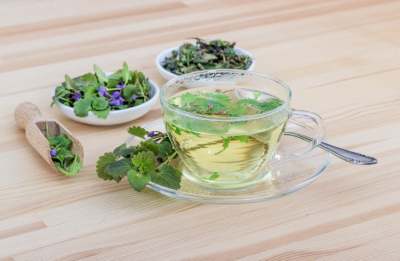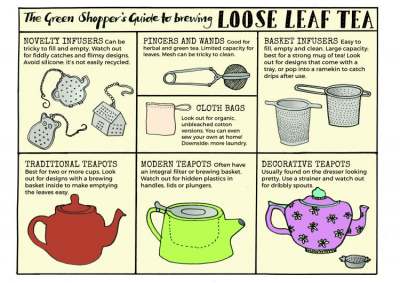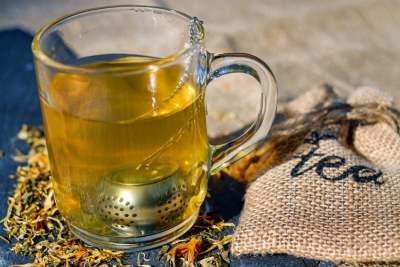How popular and ethical are herbal teas?
In France and Germany, infusions are twice as popular as black and green tea. Not quite so in the UK though, where in 2020, sales of black and green tea were over 20 times that of herbal and fruit infusions. We actually drank about twice as much black and green tea as France, Germany, Ireland and the Netherlands combined.
Globally, black tea is still way ahead in sales, but its growth is in decline, and more potential is seen to be in fruit and herbal teas. The chief executive of the multinational Unilever, in the build up to their decision to move away from teas, said “Two-thirds of our [tea] business is in black tea. . . and for a decade it’s been a drag on Unilever’s growth”.
Even Unilever, who used to own PG Tips, found that tea was not creating enough profit for them to want to keep it. It sold its Lipton and Pukka brands in 2022. The new parent, CVC Capital Partners, is a private equity firm, which makes investments for some of the most criticised banks including Barclays and HSBC, and has its headquarters in a tax haven.
If that makes you want to reach for a calming chamomile, don’t worry, we’ll tell you where you can buy ethical and eco-friendly herb teas. The guide also looks at which brands are certified organic, or are otherwise most transparent about where and how they source their herbs.





